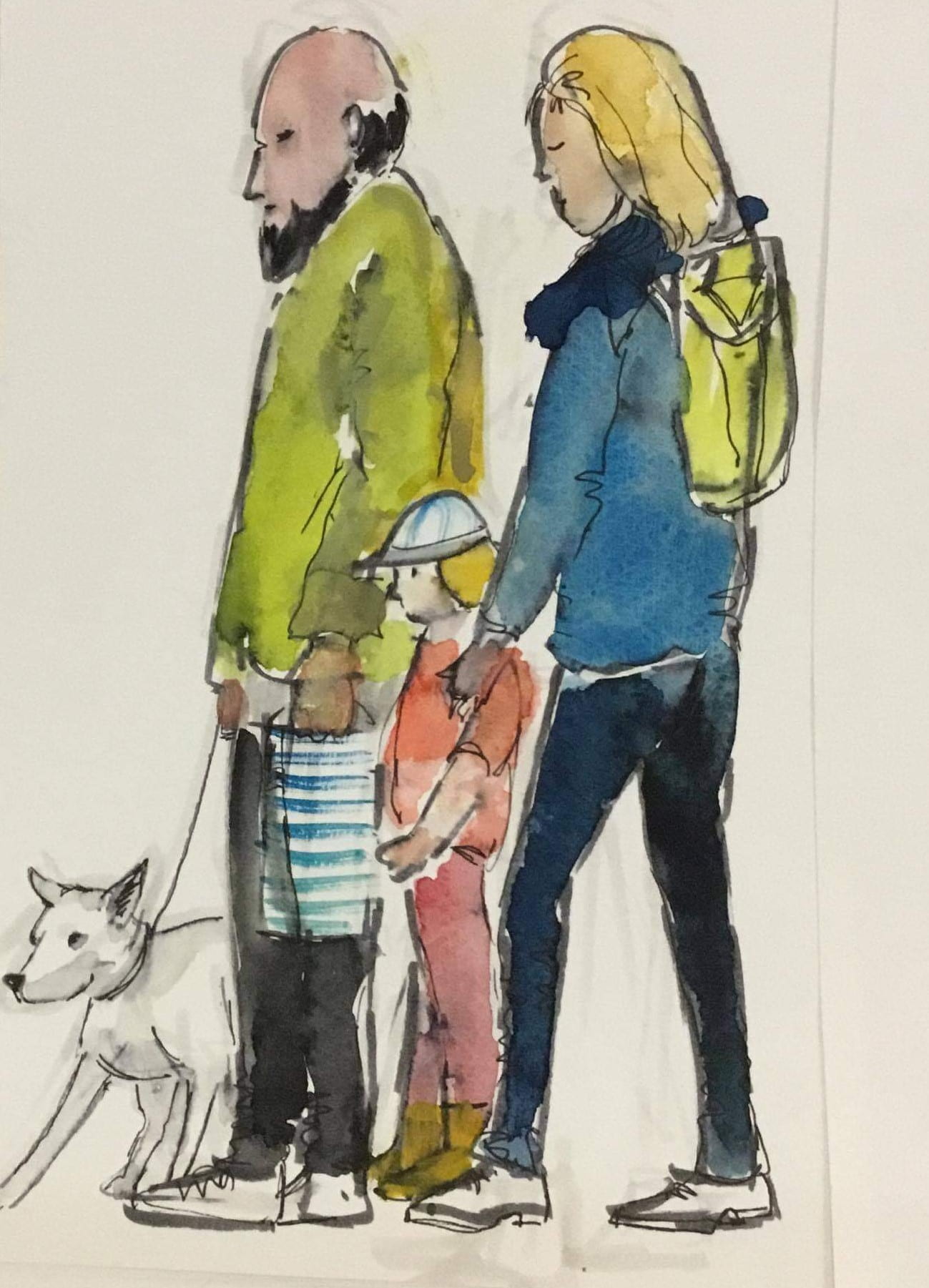A reboot!
It’s been a long time since we had a lab blog update! The pandemic, bringing projects to an end, teaching summer schools, and me (Fiona) in a management role meant some things had to give, and maintaining this site was one of them. You can’t do everything. I also took the decision to ease away … Read more

